
Why Semiconductor Manufacturing Can’t Function Without Cleanrooms
- By:Lisa
- 2025-10-28
- 29
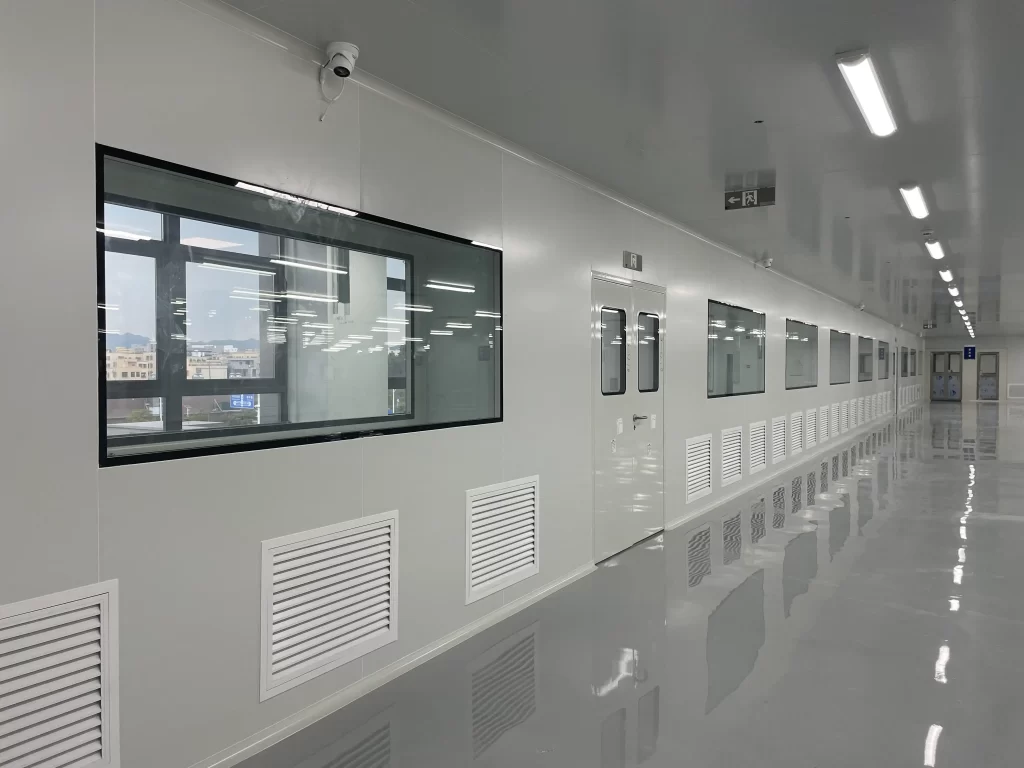
In today’s digital age, semiconductor chips power everything—from smartphones and data centers to electric vehicles and satellites. Yet behind every advanced chip lies an invisible but non-negotiable foundation: the cleanroom. Without it, modern semiconductor manufacturing simply wouldn’t exist. This article explores why cleanrooms are essential to chip fabrication, examining the physics of contamination, process sensitivities, engineering controls, and the staggering cost of failure—all through the lens of real-world semiconductor operations.
Dust Is Disaster at the Nanoscale
Semiconductor manufacturing has entered the 3nm and even 2nm era. At this scale, a single transistor spans just tens of silicon atoms. For perspective, a human hair is about 70,000 nanometers thick, while common airborne particles range from 500 to 5,000 nanometers. That means a speck of dust invisible to the naked eye can span dozens of transistors.
In wafer fabrication, any foreign particle landing on photoresist, thin films, or metal interconnects can cause catastrophic defects:
- Blocking UV light during lithography, distorting or omitting circuit patterns
- Acting as a nucleation site during deposition, creating pinholes or stress fractures
- Scratching the wafer surface during chemical mechanical polishing (CMP), leading to opens or shorts
Industry data shows that a single particle larger than 0.1 microns can kill an entire functional unit. With over 50 billion transistors on a single 300mm wafer, contamination control isn’t optional—it’s existential. The clean room isn’t a luxury; it’s the physical prerequisite for nanoscale manufacturing.
Extreme Environmental Demands of Semiconductor Fab
To meet these demands, semiconductor fabs operate under ISO 14644-1 cleanroom standards, which classify environments by particle concentration per cubic meter.
Critical front-end-of-line (FEOL) areas typically require ISO Class 1 to ISO Class 5:
- ISO Class 5 cleanroom (formerly “Class 100”): ≤3,520 particles ≥0.5µm/m³
- ISO Class 7 cleanroom: Used in less sensitive areas like packaging
- By contrast, a typical office is ISO Class 9—with over 10 million times more particles than an ISO Class 1 zone
Beyond particulates, clean room design must tightly control:
- Temperature: ±0.5°C around 22°C for lithography alignment stability
- Humidity: 45% ±5% to prevent static discharge
- Vibration and EMI: Shielded to protect metrology tools
This multi-parameter control creates the “micro-environment” essential for yield.
Contamination-Sensitive Stages in Chip Fabrication
Lithography: Zero Tolerance for Particles
Photolithography defines circuit patterns—and in the EUV era (13.5nm wavelength), even nanoscale contaminants cause pattern collapse. Semiconductor cleanroom design must isolate litho bays with dedicated cleanroom HVAC systems and maintain ISO Class 1–3 conditions. Studies show that at the 7nm node, fewer than 0.1 particles ≥0.12µm per cm² are permissible.
Thin Film Deposition & CMP
Whether using CVD or ALD, film uniformity is critical. Particles disrupt nucleation, causing voids. In high-k metal gate stacks, a single defect can spike gate leakage current. Cleanroom environmental monitoring ensures real-time particle tracking.
CMP flattens multi-layer interconnects—but if slurry contains oversized particles (>1µm), they scratch the wafer. Post-CMP cleaning is equally risky, which is why cleanroom pass through chambers and cleanroom air showers are standard.
How Cleanrooms Systematically Protect Yield
Unidirectional Airflow & ULPA Filtration
Advanced fabs use vertical unidirectional airflow—filtered through ULPA units (99.9995% efficient at 0.12µm)—to sweep particles downward. The entire air volume is refreshed 5–10 times per minute.
Personnel and Material Control
Humans shed ~1 million particles ≥0.3µm per minute. Thus, operators wear full clean room suits and pass through air showers. Wafers remain sealed in nitrogen-purged FOUPs until inside process tools.
Real-Time Monitoring and Compliance
Networks of cleanroom particle counters feed data to central systems. Regular audits verify compliance with ISO 5 cleanroom requirements and ISO 7 cleanroom requirements. Cleanroom certification requirements cover particles, pressure, humidity, and microbial load.
Even building materials matter: cleanroom wall panels, cleanroom ceiling tiles, and cleanroom sticky mats are engineered for low outgassing and ESD safety.
The Staggering Cost of Cleanroom Failure
A contamination event isn’t just a technical glitch—it’s a financial catastrophe. In advanced nodes, a 1% yield drop can cost tens of millions annually.
Consider a 5nm fab producing 50,000 wafers/month:
- Each wafer = $6,000–$10,000 in value
- A single contaminated batch = $150K–$250K loss
- Extended downtime? Losses can exceed $500 million
That’s why fabs invest in modular clean room systems for flexibility and portable clean rooms for pilot lines—but never compromise on core process zones.
Conclusion: The Invisible Backbone of the Chip Industry
From raw silicon to finished chip, semiconductor manufacturing is a race against contamination at the atomic scale. The cleanroom is the silent guardian that makes this possible.
As devices shrink further, demands for cleanroom contamination control, cleanroom performance testing, and cleanroom validation services will intensify. Future fabs will integrate AI-driven cleanroom environmental monitoring to shift from reactive compliance to proactive prevention.
In short: No cleanroom, no chips. And no chips, no digital world. In an era where semiconductors define national competitiveness, mastering cleanroom science isn’t just engineering—it’s strategic necessity.
-
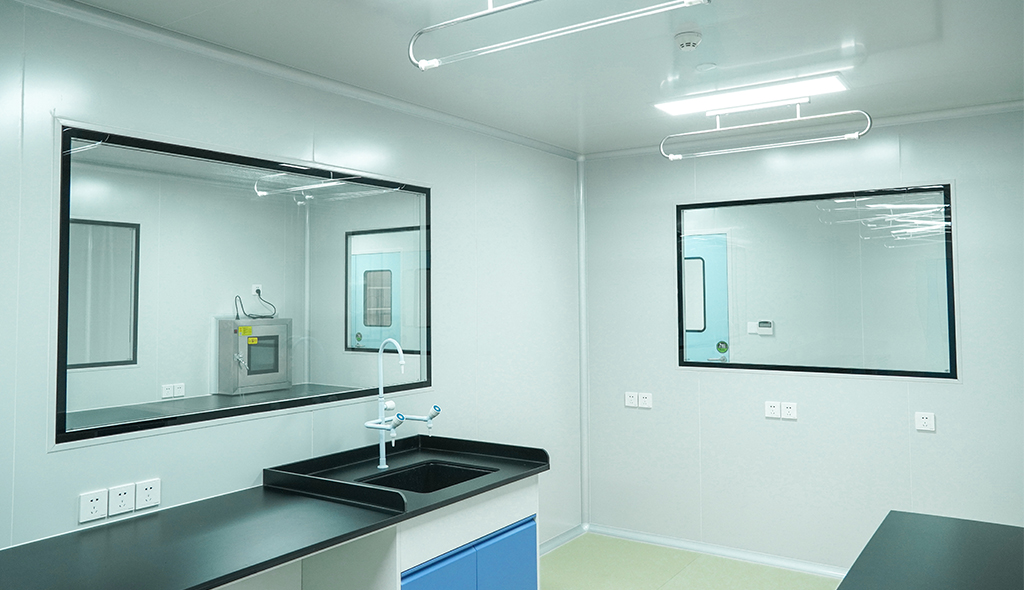 Cleanroom Glass Windows Are The Key to Maintaining a Clean Environment
Cleanroom Glass Windows Are The Key to Maintaining a Clean Environment -
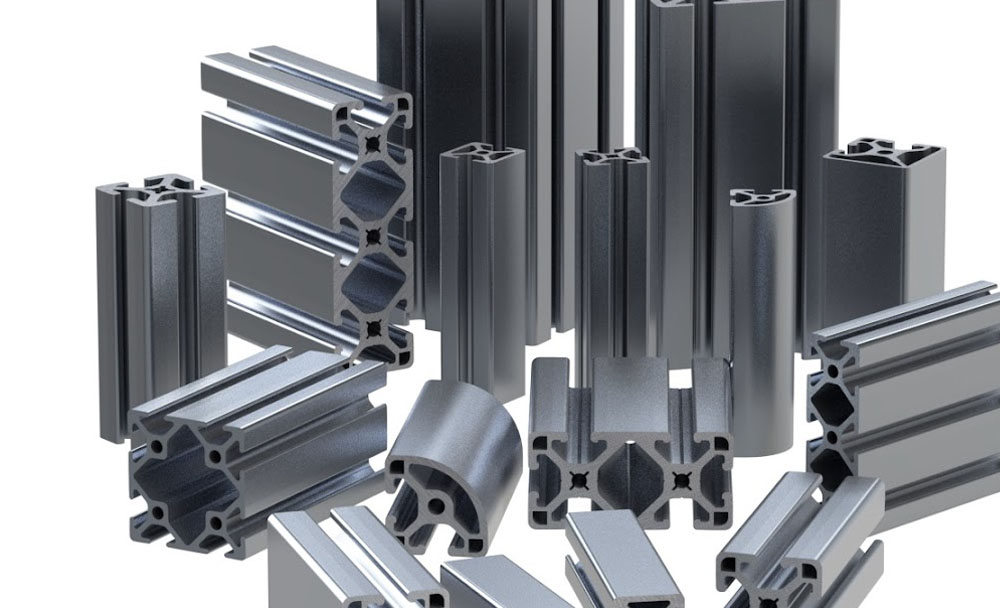 Top Aluminium Profile Manufacturers in China: Leading the Global Market
Top Aluminium Profile Manufacturers in China: Leading the Global Market -
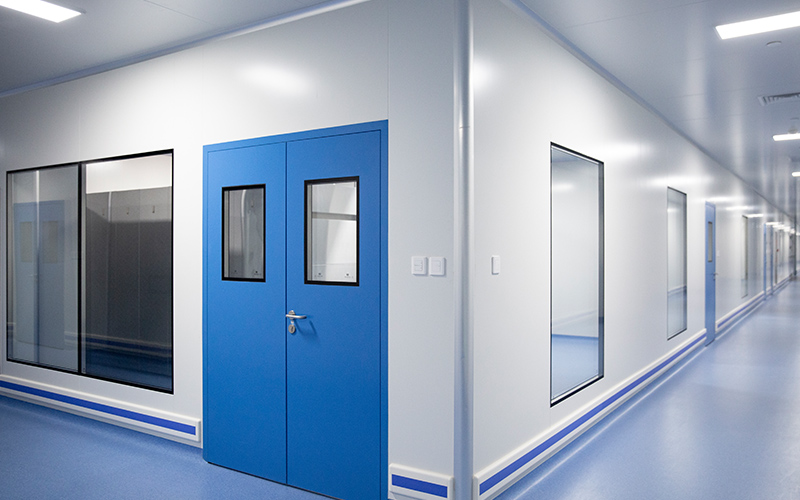 The Evolution of Air Tight Sliding Doors
The Evolution of Air Tight Sliding Doors -
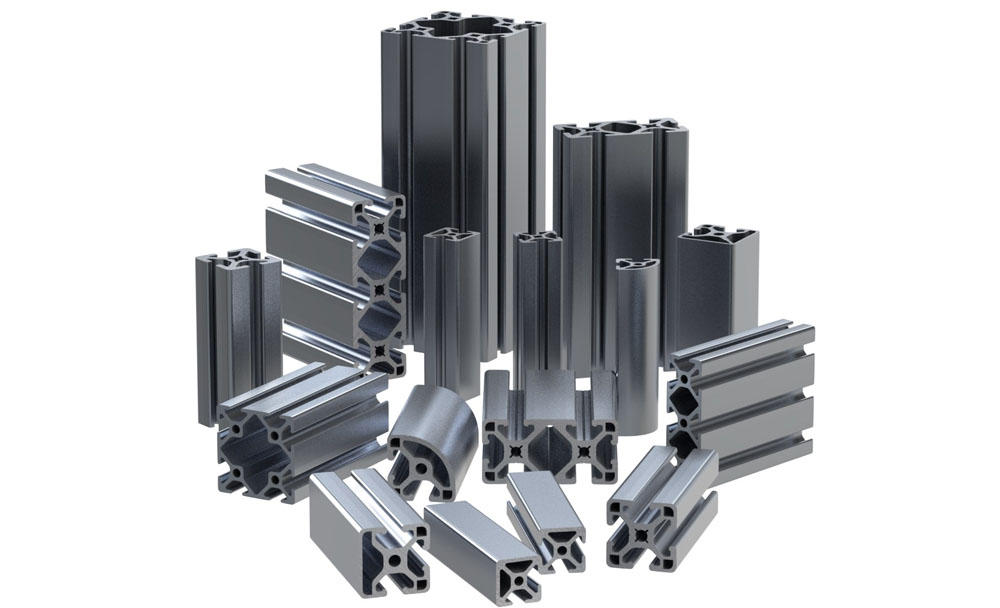 AHU Aluminium Profile: A Comprehensive Guide
AHU Aluminium Profile: A Comprehensive Guide -
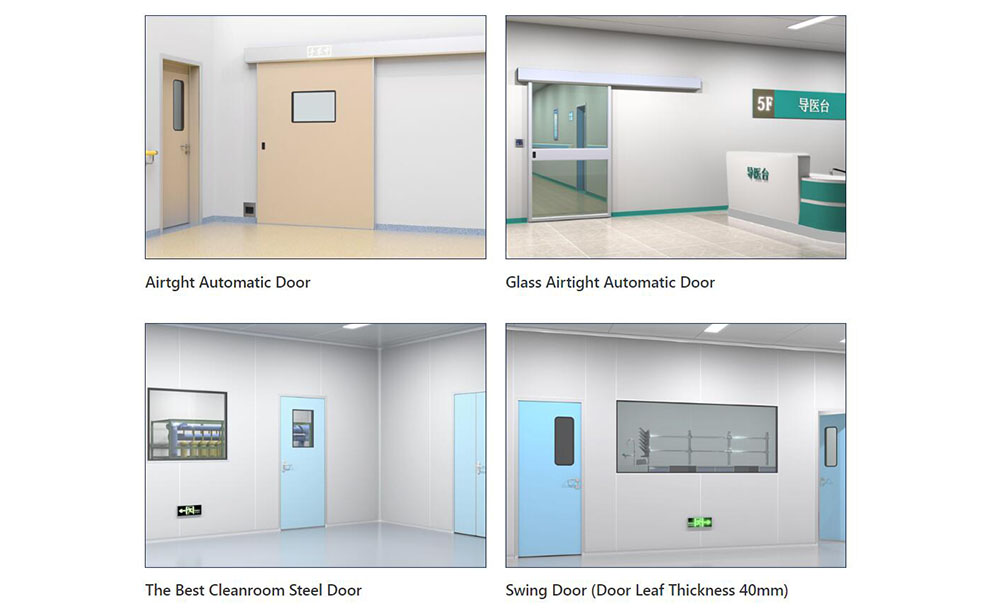 The Importance of Choosing the Right Cleanroom Door in Vietnam
The Importance of Choosing the Right Cleanroom Door in Vietnam -
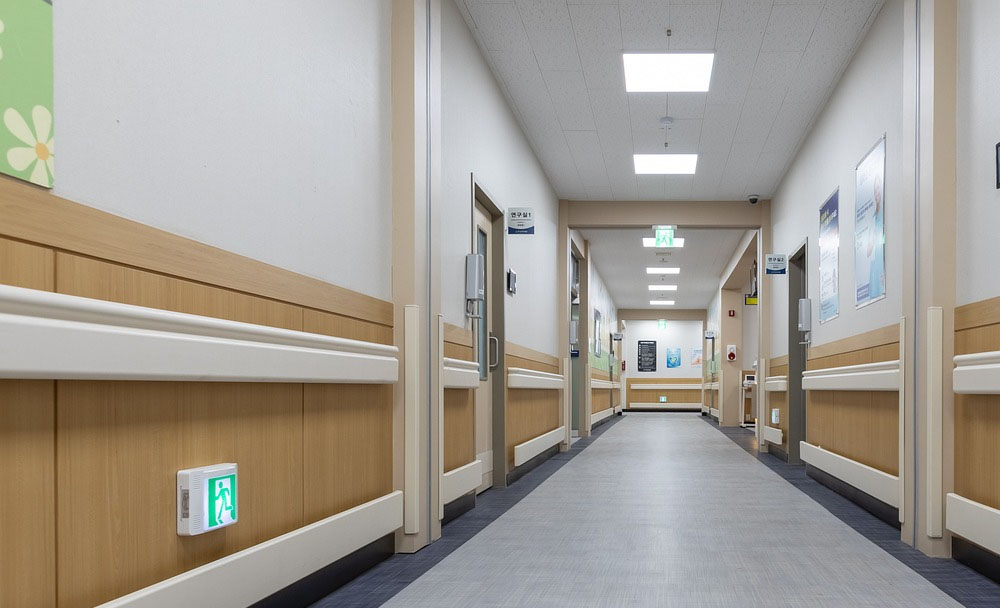 The Benefits of Hospital Automatic Doors: Enhancing Efficiency and Safety
The Benefits of Hospital Automatic Doors: Enhancing Efficiency and Safety -
.jpg) The Best Bathroom Door Manufacturers - Unlocking Endless Possibilities!
The Best Bathroom Door Manufacturers - Unlocking Endless Possibilities! -
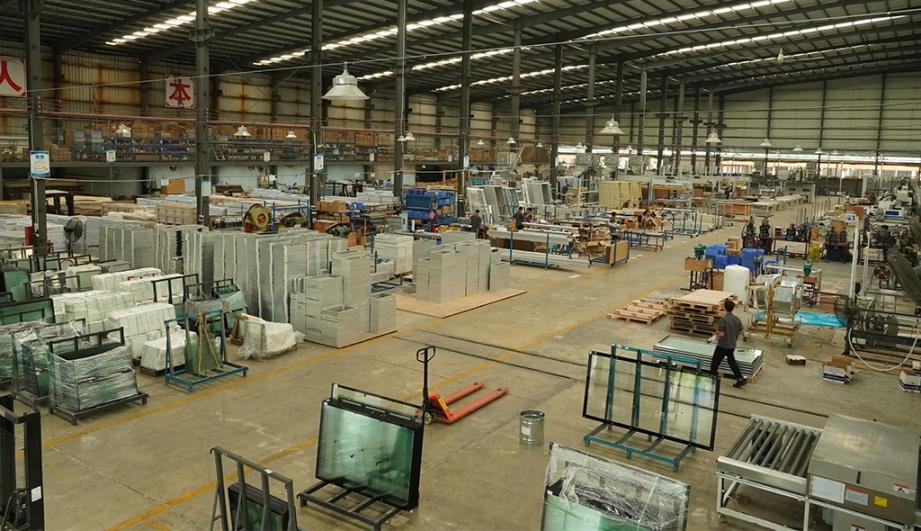 Unlock the Possibilities with AJ Manufacturing Doors
Unlock the Possibilities with AJ Manufacturing Doors -
 Make a Statement with Manufactured Home Interior Doors!
Make a Statement with Manufactured Home Interior Doors! -
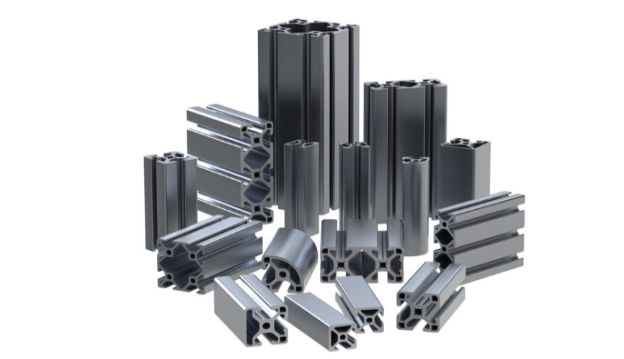 what is aluminum profile? Aluminum Profiles for Your Home is the best option
what is aluminum profile? Aluminum Profiles for Your Home is the best option
-
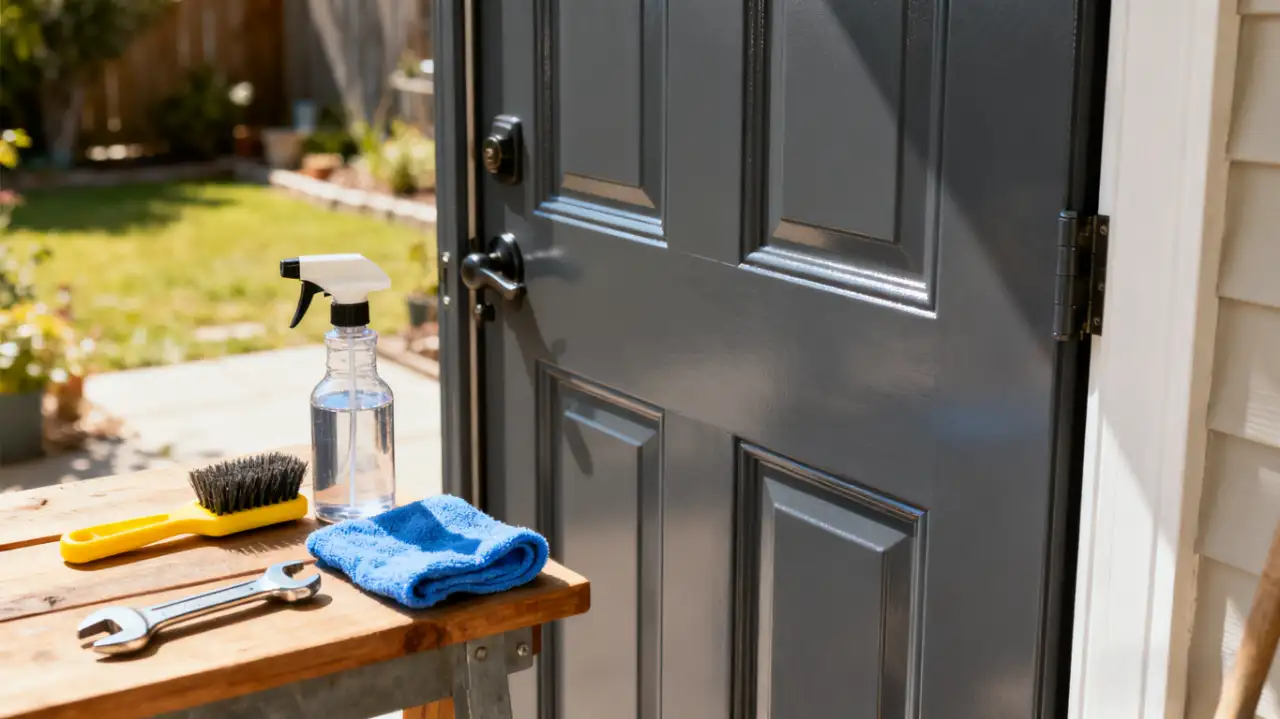 How to Extend the Life of Your Exterior Steel Door
How to Extend the Life of Your Exterior Steel Door -
 What Are the Best Materials for AC Vent Covers
What Are the Best Materials for AC Vent Covers -
 Ceiling Vent Covers Labeled Fire-Rated? Here’s How to Verify
Ceiling Vent Covers Labeled Fire-Rated? Here’s How to Verify -
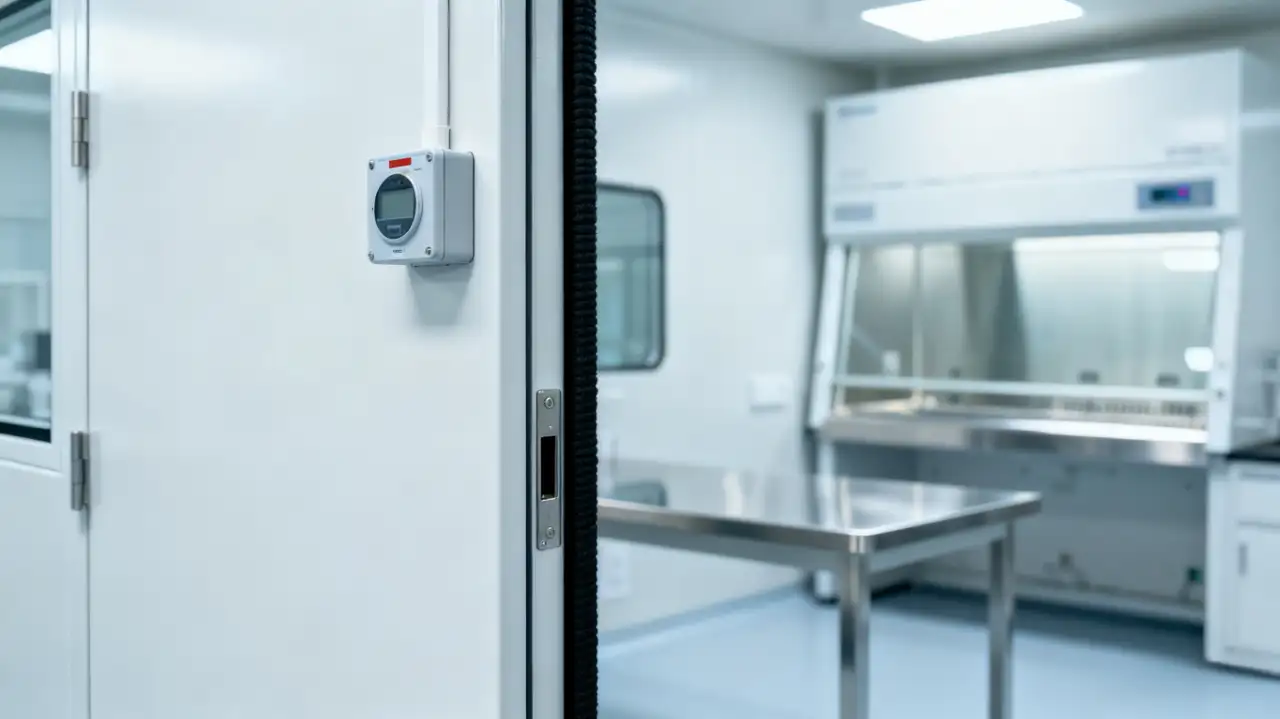 Upgrading Lab Doors: When to Replace vs. When to Retrofit?
Upgrading Lab Doors: When to Replace vs. When to Retrofit? -
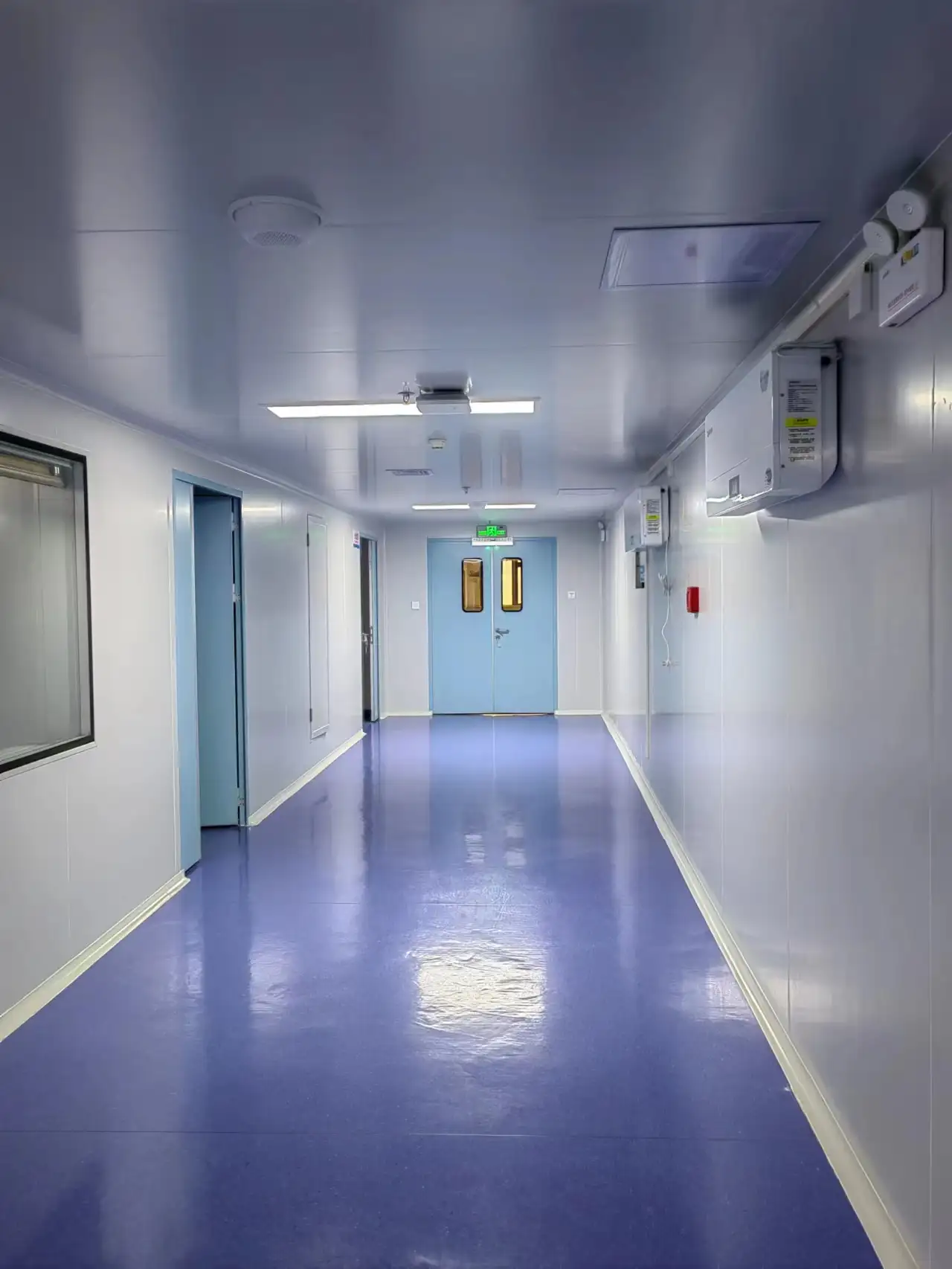 Stainless Steel Door vs. Alternatives in Cleanrooms
Stainless Steel Door vs. Alternatives in Cleanrooms -
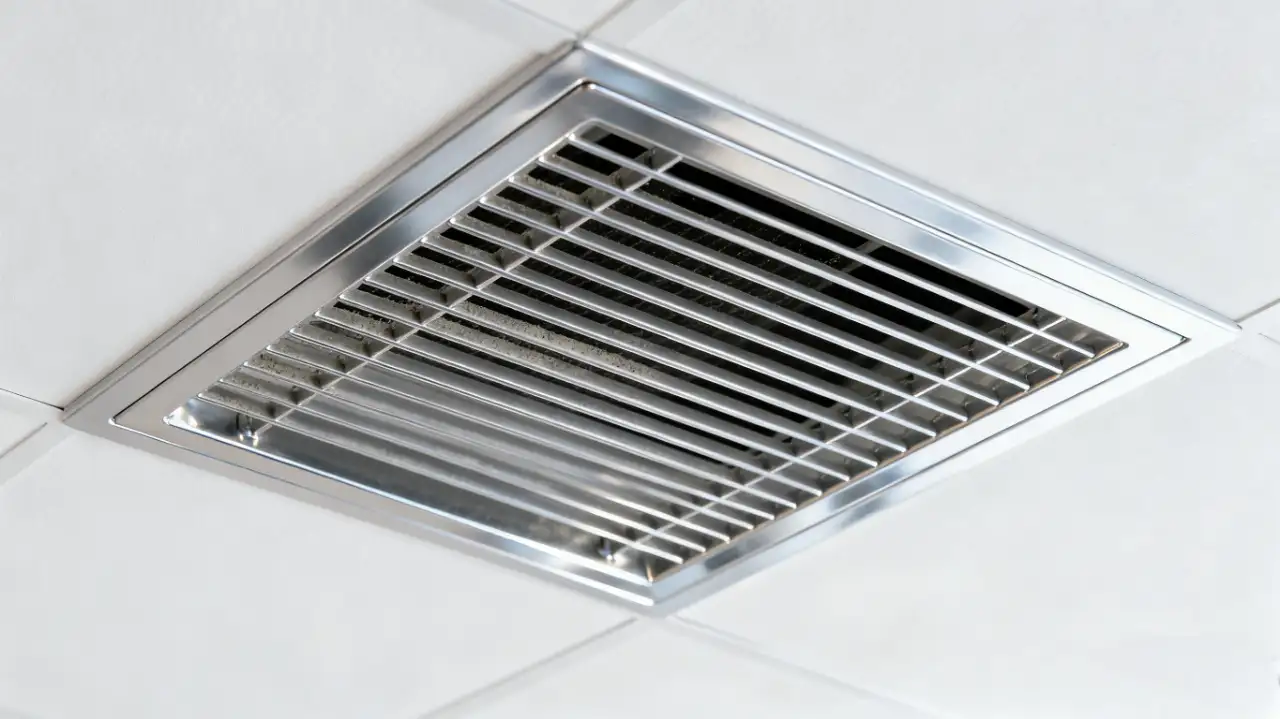 Ceiling Vent Care Tips to Boost HVAC Efficiency Year Round
Ceiling Vent Care Tips to Boost HVAC Efficiency Year Round -
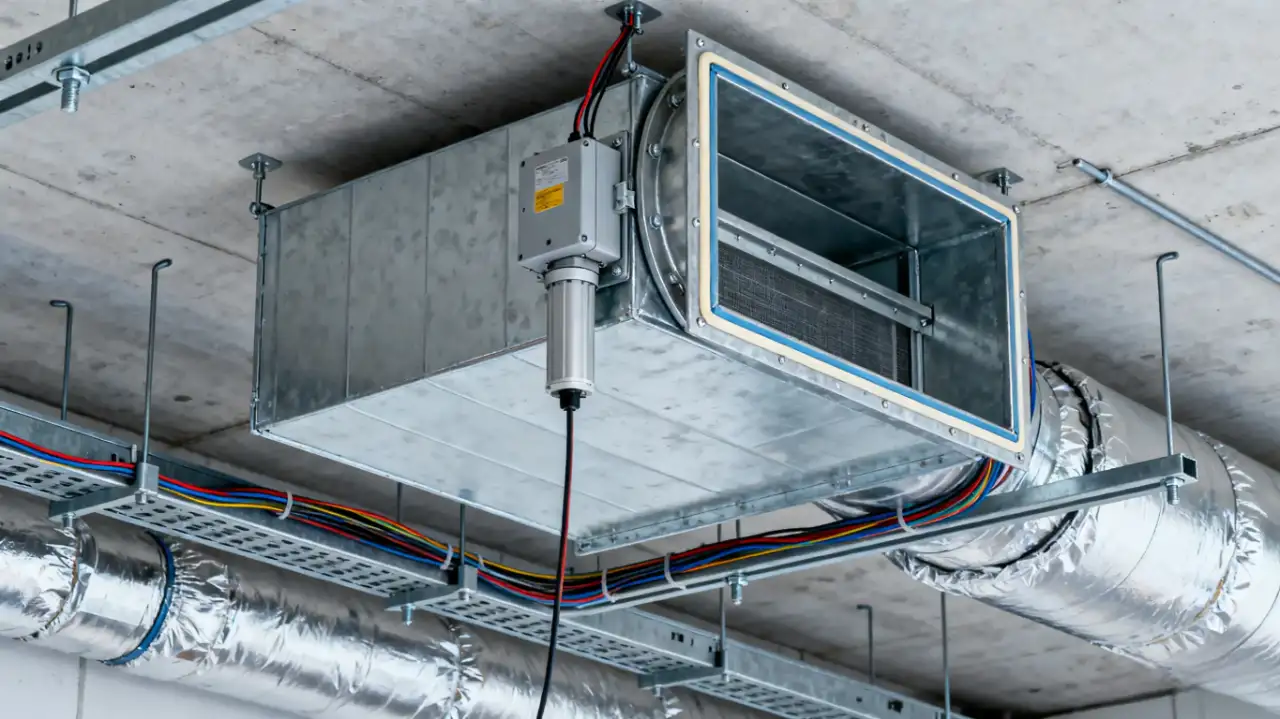 How Air Dampers Drive Efficiency in High Performance Buildings
How Air Dampers Drive Efficiency in High Performance Buildings -
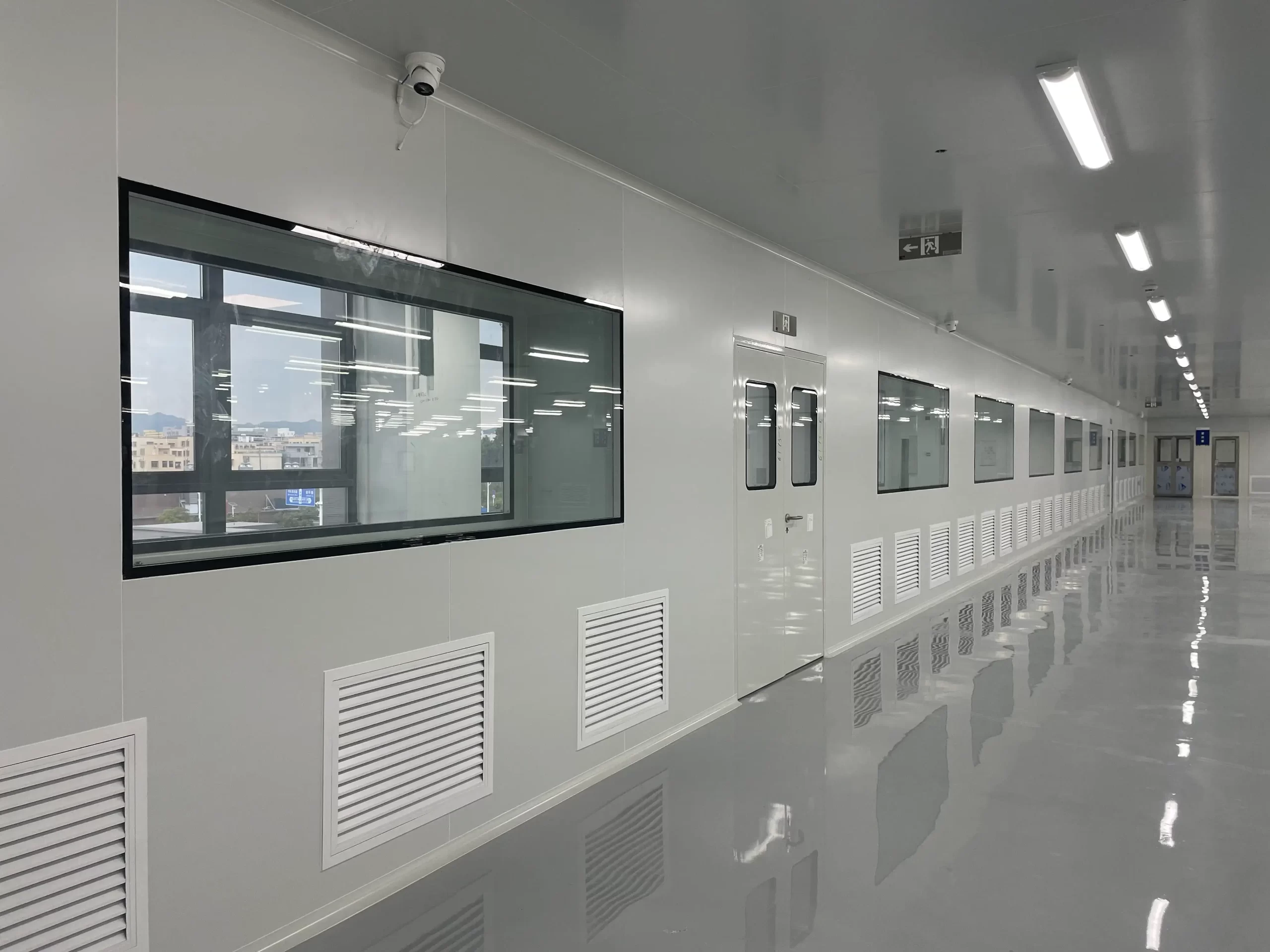 Why Semiconductor Manufacturing Can’t Function Without Cleanrooms
Why Semiconductor Manufacturing Can’t Function Without Cleanrooms -
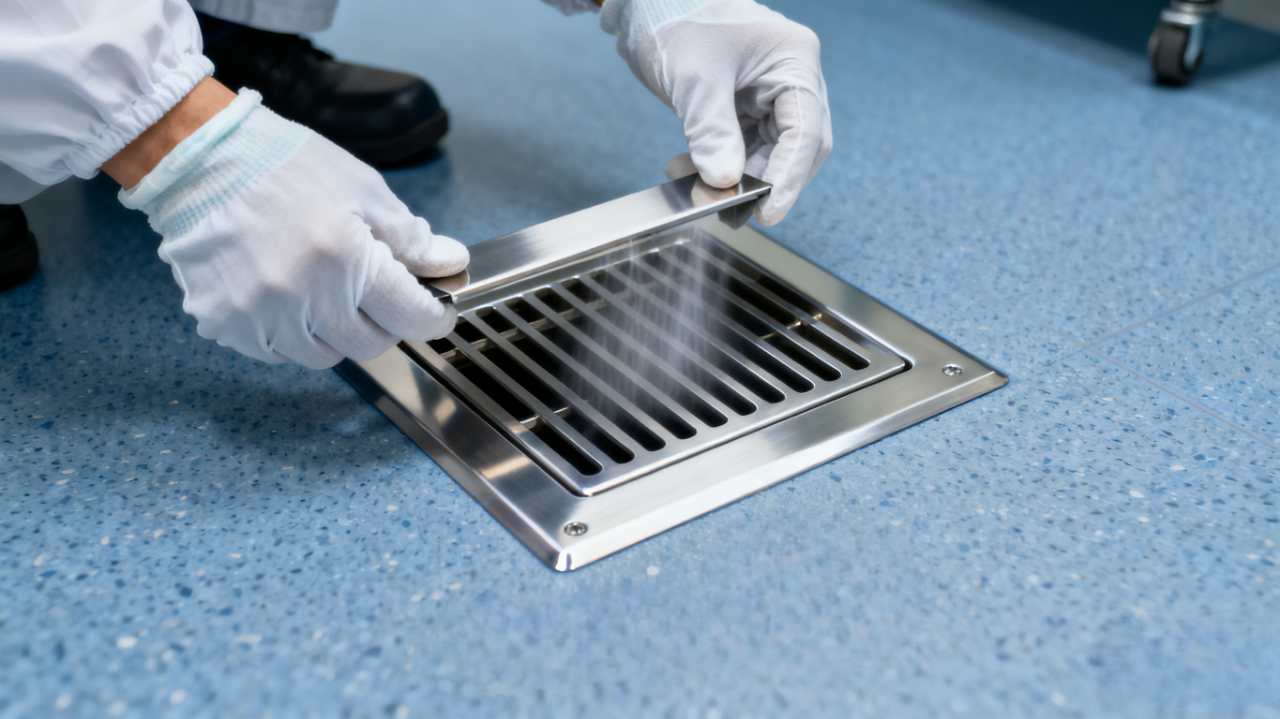 How to Select the Right Floor Vent for Cleanrooms
How to Select the Right Floor Vent for Cleanrooms -
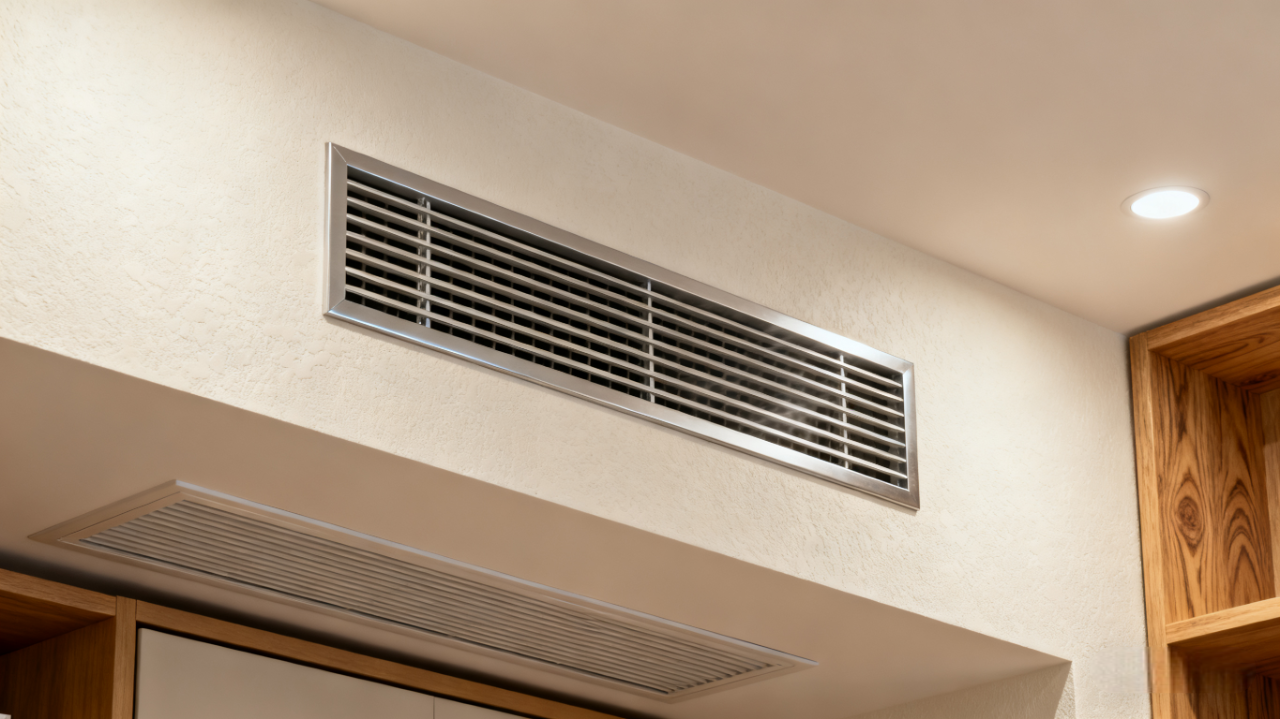 How to Clean and Maintain AC Registers for Peak HVAC Performance
How to Clean and Maintain AC Registers for Peak HVAC Performance

Guangzhou Yizhong Aluminum Industry Co., Ltd.
We are always providing our customers with reliable products and considerate services.
We are always providing our customers with reliable products and considerate services.
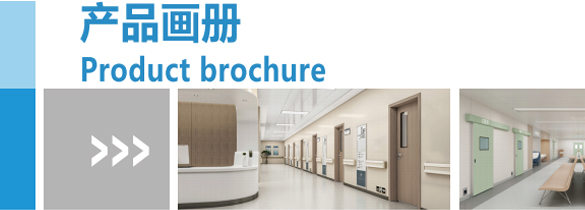
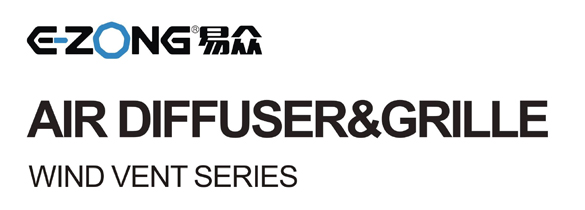

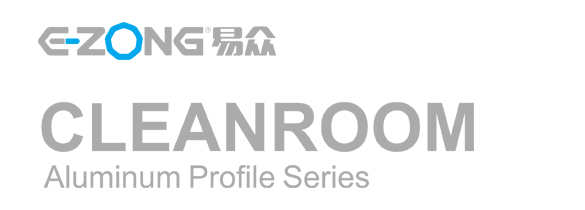






Speak Your Mind